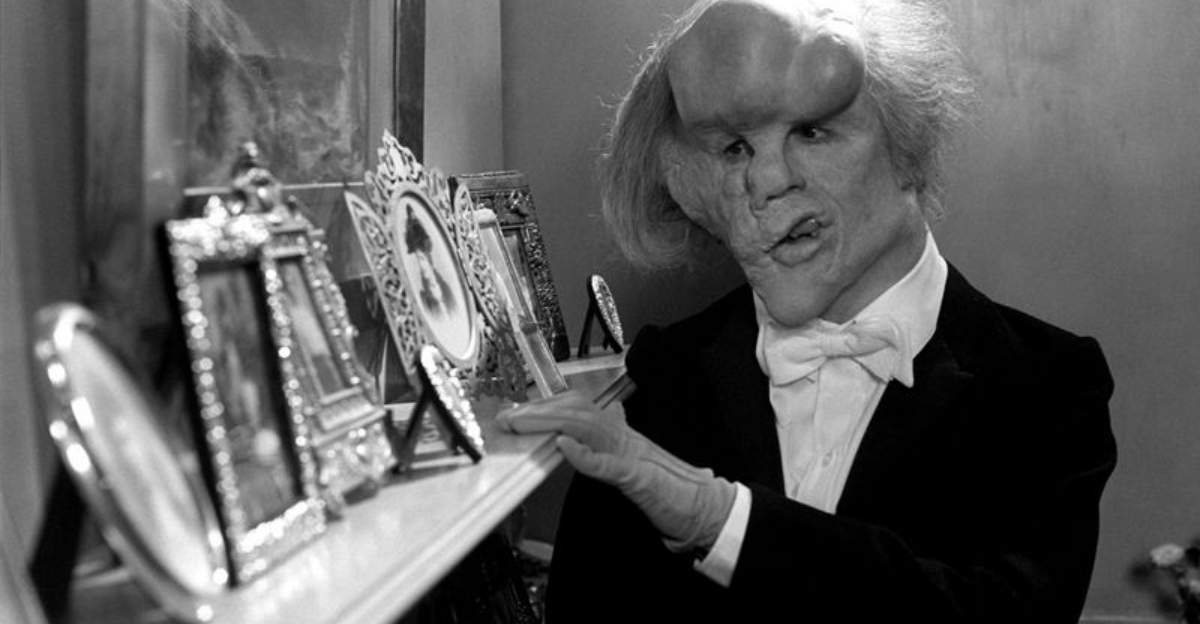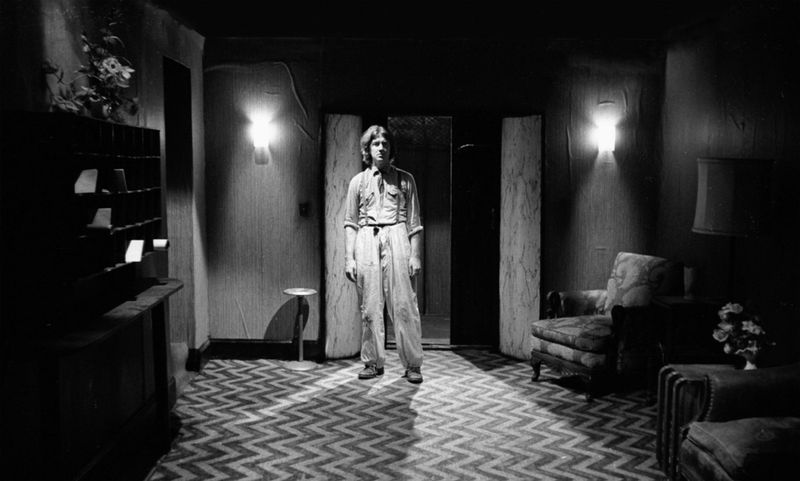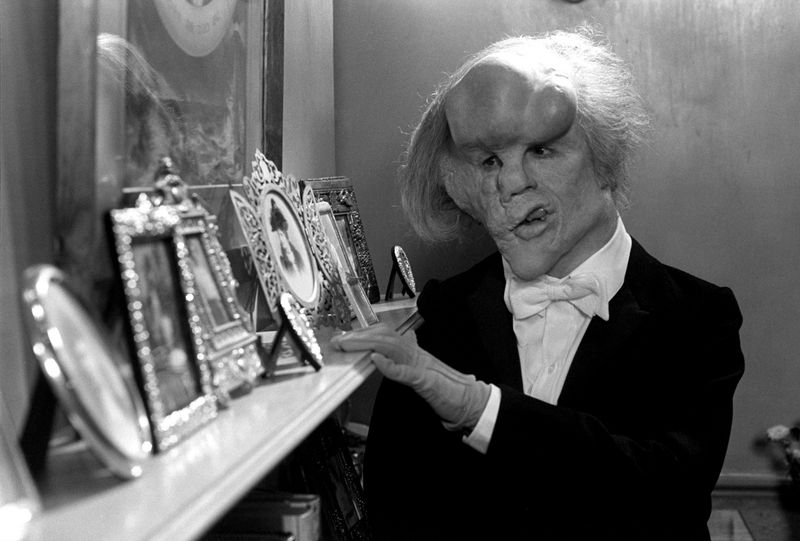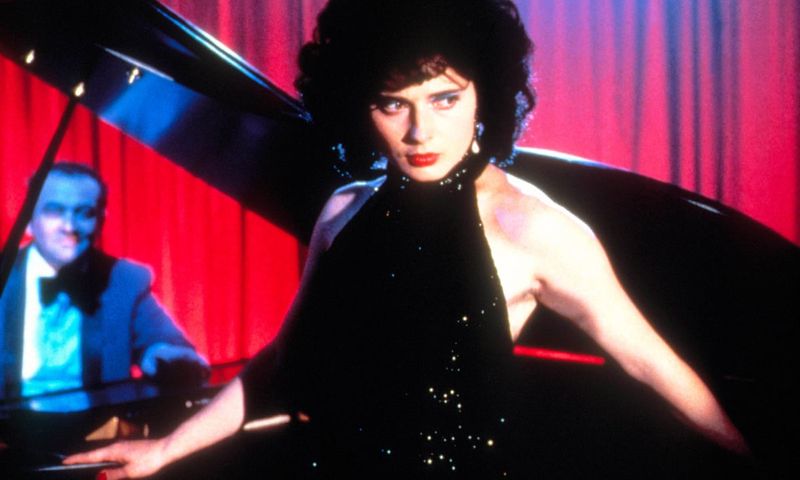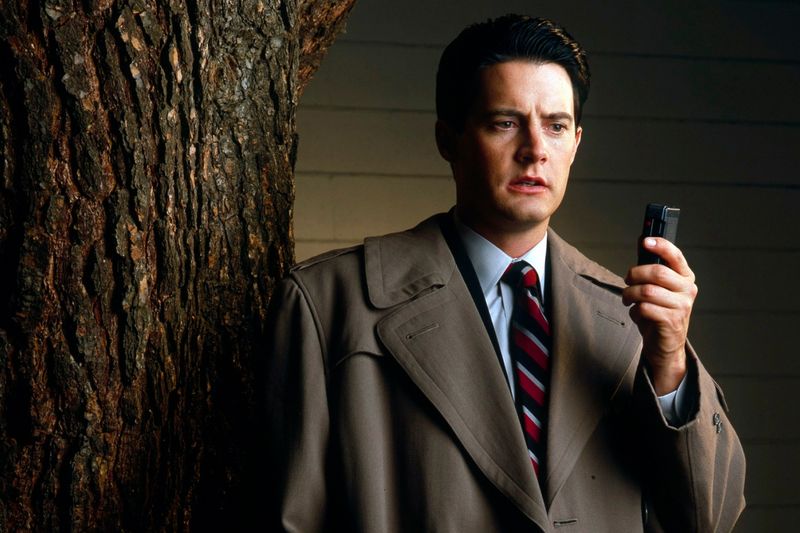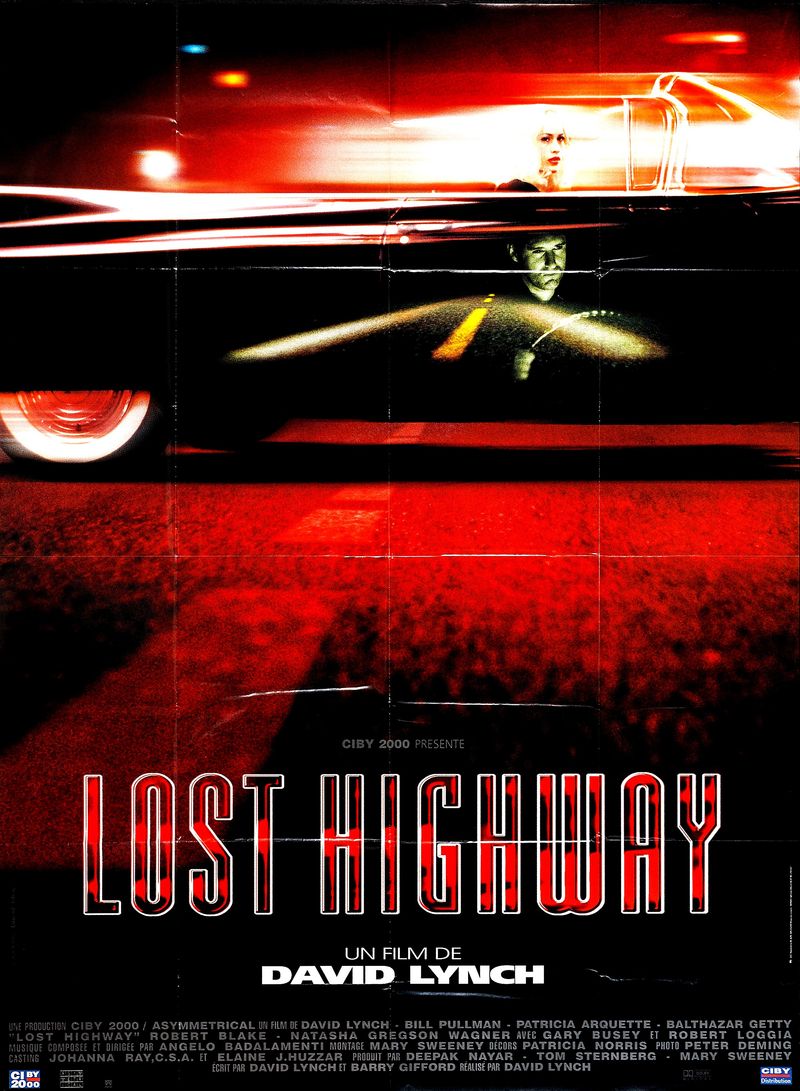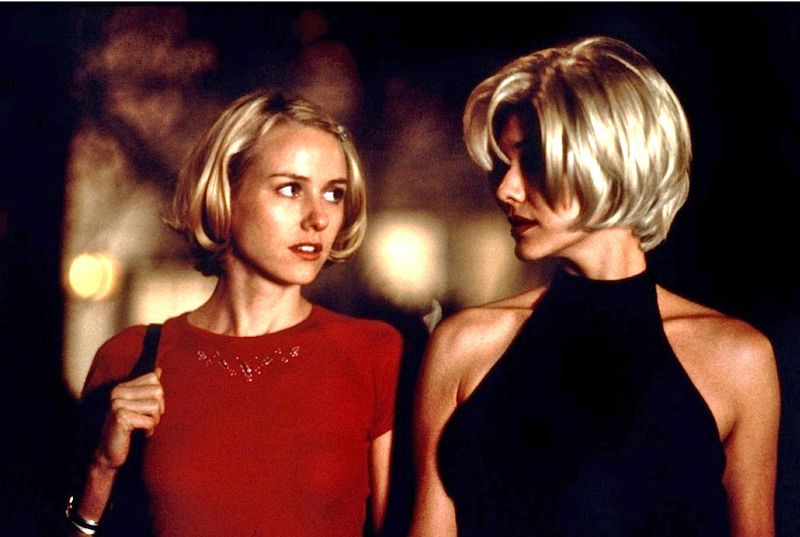Renowned for his surreal and often disturbing cinematic style, David Lynch has left an indelible mark on the world of film and television. His extraordinary career spans decades and includes groundbreaking works that have challenged and captivated audiences. Here are seven defining moments that highlight the genius of this visionary filmmaker.
Eraserhead (1977)
Eraserhead (1977)
David Lynch’s “Eraserhead” heralded his entry into the world of cinema with an avant-garde style that defied conventions. The film, shot in black and white, presents a haunting narrative filled with abstract imagery and unsettling themes.
With its industrial backdrop and surreal characters, “Eraserhead” established Lynch as a filmmaker unafraid to delve into the bizarre and unknown. Its nightmarish quality and unique storytelling technique captured the attention of critics and audiences alike, marking Lynch’s first major success and laying the foundation for his future works.
The Elephant Man (1980)
The Elephant Man (1980)
“The Elephant Man” was a turning point in Lynch’s career, showcasing his ability to blend mainstream appeal with his distinct style. The film, based on the true story of Joseph Merrick, depicted the poignant life of the disfigured man with sensitivity and depth.
Lynch’s direction received widespread acclaim, earning eight Academy Award nominations. The film’s powerful narrative and compelling performances brought Lynch into the Hollywood spotlight, proving his versatility as a filmmaker capable of touching deep emotional chords while maintaining his unique artistic vision.
Blue Velvet (1986)
Blue Velvet (1986)
“Blue Velvet” redefined the thriller genre with its unsettling exploration of American suburbia’s hidden darkness. Lynch’s direction and storytelling created a world where innocence and evil collided.
The film’s vivid imagery and haunting soundtrack further solidified its status as a cult classic. With unforgettable performances and a narrative steeped in mystery, “Blue Velvet” remains one of Lynch’s most iconic works. It challenged viewers to look beyond the surface, unveiling the unsettling truths lurking within ordinary life.
Twin Peaks (1990-1991)
Twin Peaks (1990-1991)
With “Twin Peaks,” Lynch changed the landscape of television by introducing a serialized mystery that captivated audiences worldwide. The show combined elements of soap opera, crime drama, and supernatural themes, creating an enigmatic world that kept viewers guessing.
Lynch’s unique storytelling and eccentric characters left a lasting impact on pop culture, influencing countless shows and films. “Twin Peaks” was more than a TV show; it was a phenomenon that brought cinematic artistry to the small screen, breaking new ground in storytelling.
Lost Highway (1997)
Lost Highway (1997)
In “Lost Highway,” Lynch returned to the big screen with a film that defied narrative conventions. The movie’s non-linear storyline and dream-like sequences left audiences intrigued and mystified.
Embracing elements of film noir, “Lost Highway” explored identity and reality through a complex web of storytelling. Lynch’s ability to create an atmosphere of suspense and bewilderment ensured the film’s place as a memorable entry in his oeuvre. It showcased his fearless approach to filmmaking, unbound by traditional cinematic norms.
Mulholland Drive (2001)
Mulholland Drive (2001)
“Mulholland Drive” is often hailed as one of Lynch’s masterpieces, blending the surreal with the mysterious allure of Hollywood. The film’s intricate plot and mesmerizing visuals mesmerized audiences and critics alike.
Lynch’s meticulous craftsmanship and visionary storytelling earned him the Best Director award at the Cannes Film Festival. “Mulholland Drive” is a testament to Lynch’s unparalleled ability to weave enigmatic narratives, revealing the dark undercurrents of the dream factory known as Hollywood. Its legacy continues to influence filmmakers and enthrall viewers.
Inland Empire (2006)
Inland Empire (2006)
With “Inland Empire,” Lynch ventured into the realm of digital filmmaking, crafting a cinematic experience that was as experimental as it was immersive. Shot entirely on digital video, the film embraced a raw and unpolished aesthetic.
Its intricate and dream-like narrative challenged audiences to engage with the film on multiple levels. Lynch’s exploration of identity and reality pushed the boundaries of conventional storytelling, reaffirming his status as a fearless innovator in cinema. “Inland Empire” remains a unique exploration of the possibilities of digital media in film.
